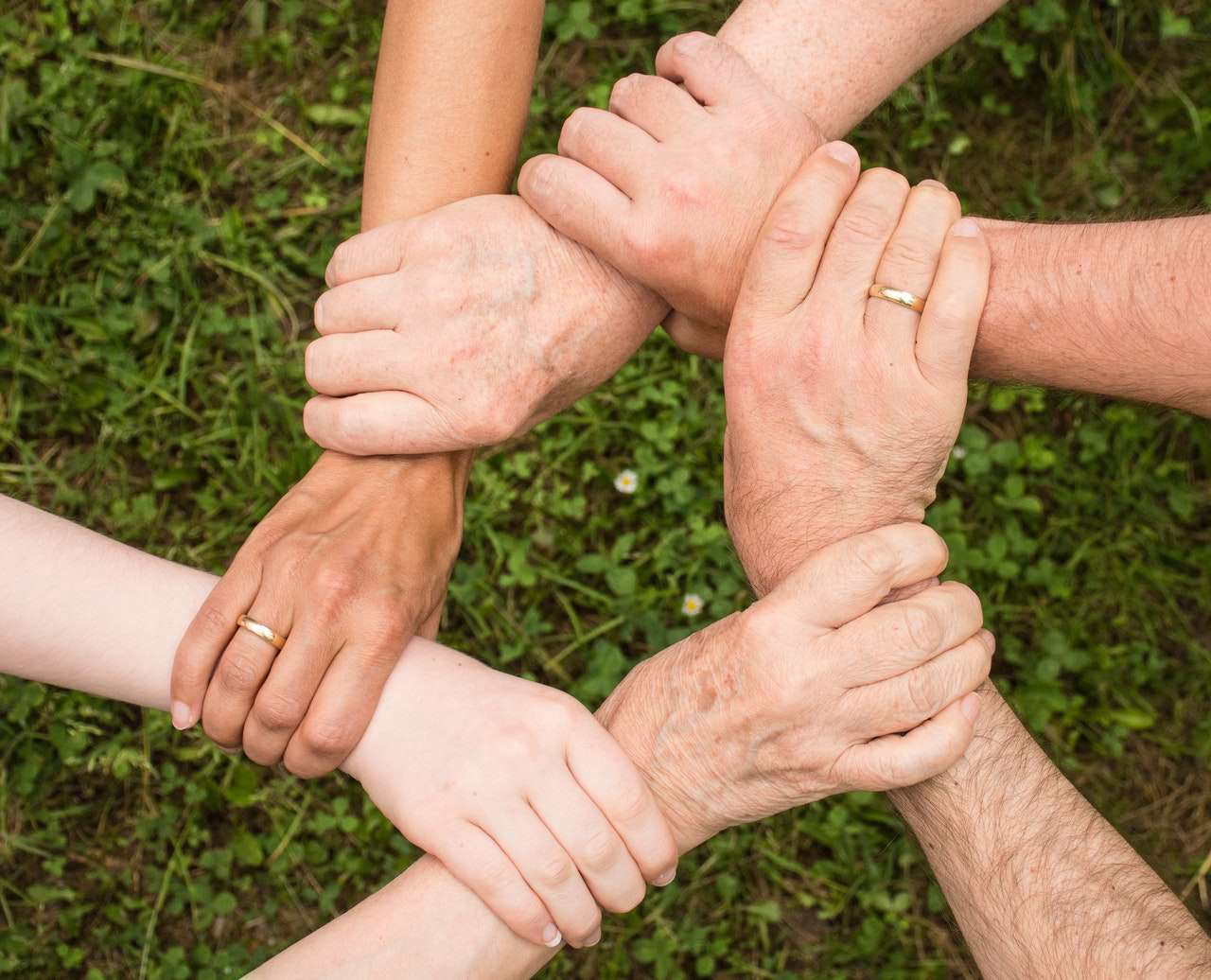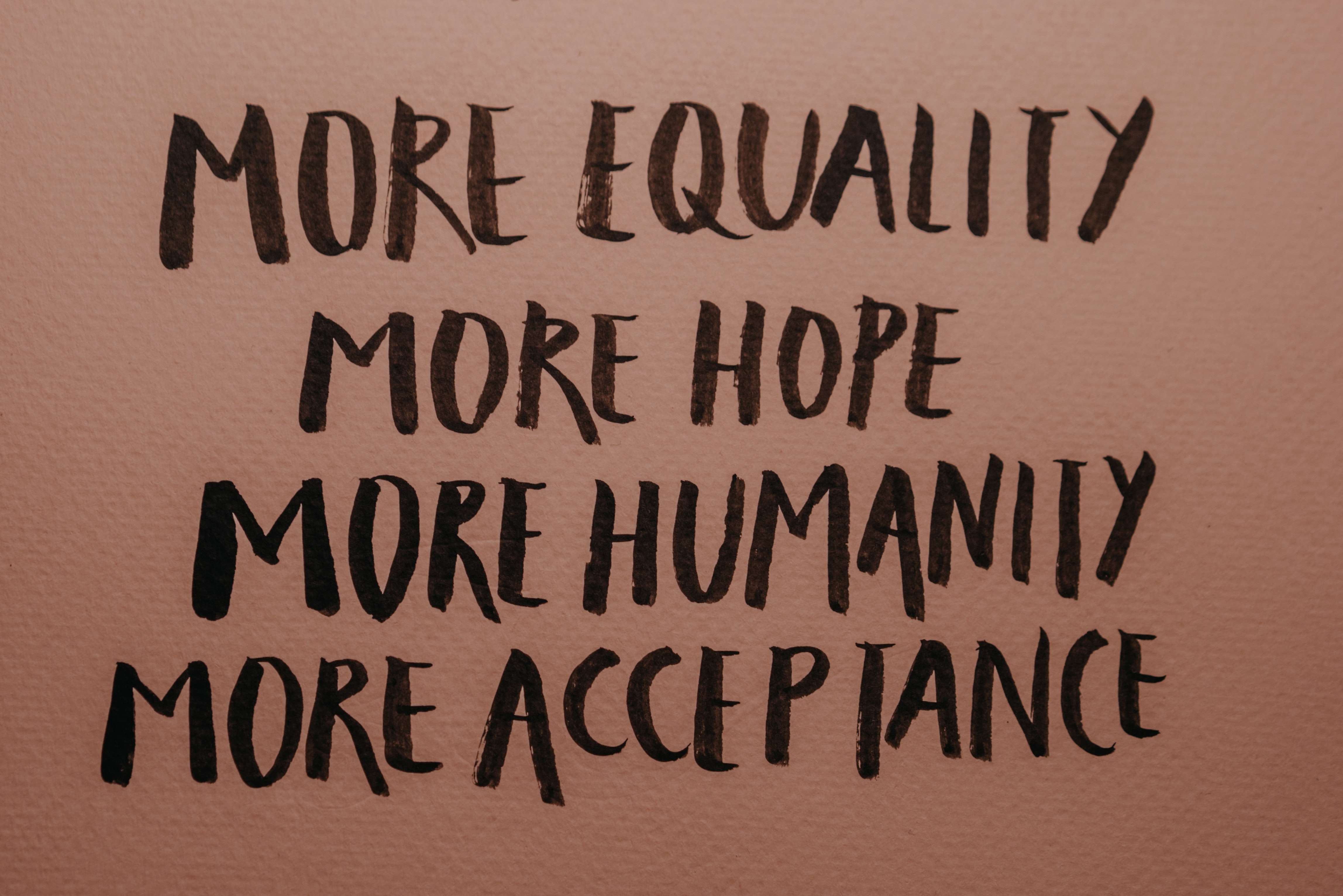
We constantly read news about rights violations such as illegal detention, discrimination, rapes, police brutality in the different parts of the world. Every person is entitled to distinct essential rights, simply by the fact of being human, and these are called ‘human rights’ rather than a privilege. To protect these basic rights, the ‘Human Rights Day’ is observed every year on 10 December in the entire world. Generally, people are aware of some basic rights like food and a safe place to stay, a right to be paid for the work they complete, however, there are many other rights too. When these rights are not known by people, abuses such as injustice, discrimination, and oppression can emerge.
To safeguard the basic rights of humans, a day of human rights is observed because these rights are the things a person is allowed to do, to be or to have. Human rights are there for protection against people who might wish to harm or hurt other people. This important day is observed every year on 10 December, since the day, the United Nations General Assembly adopted it in 1948, which is the Universal Declaration of Human Rights (UDHR). The UDHR is a document that proclaims the inviolable rights which everyone is entitled to as a human being regardless of race, religion, colour, language, sex, political or other opinions, status, national or social origin, and property. The UDHR was born out of the horrors and massive loss of life during World War II to contribute a widespread knowledge of what everyone's rights are. And now, this milestone document is available in more than 500 languages, it is the most translated document in the world.

The Human Rights Day forms the basis for a world built on freedom, justice and peace. The Human Rights Day theme for the year 2020 is “Stand up for human rights”. This year's theme connects to the COVID-19 pandemic and concentrates on the necessity to build back sufficiently by securing human rights. 10 December is an opportunity to recognize the significance of human rights in re-structuring the better world with the need for global solidarity and shared humanity. The only way to reach common global goals is to create equal opportunities and apply human rights standards to tackle injustice. The 2020 theme ‘Stand up for human rights’ aim to engage the general public to strengthen transformative efforts and showcase rational and passionate examples that can endorse recovering after the COVID-19 pandemic. Discrimination, violence and killings based on religion, sexual orientation and so on at the workplace, segregation of students based on caste and disabilities in schools are a few instances of human rights abuses in several nations. For example, according to the UDHR, only 37% of people with disabilities have access to employment, with the fact that only 1.8% of them are women with disabilities.
People's commitment to human rights should not only come from the laws that engage them but from something more important, a deep recognition of common humanity creating a commitment to work for others, the most hated, the most discriminated against people in the world, like the people of a particular religion, the LGBTQ community, undocumented immigrants, women in different parts of the world, malnourished children, imprisoned innocents and many more. Human Rights Day and the activism related to it fulfils the values of common humanity, and it is significant to educators and young people to respond to it and feel that it is their moral responsibility to resist the injustice and support for peace and justice.
